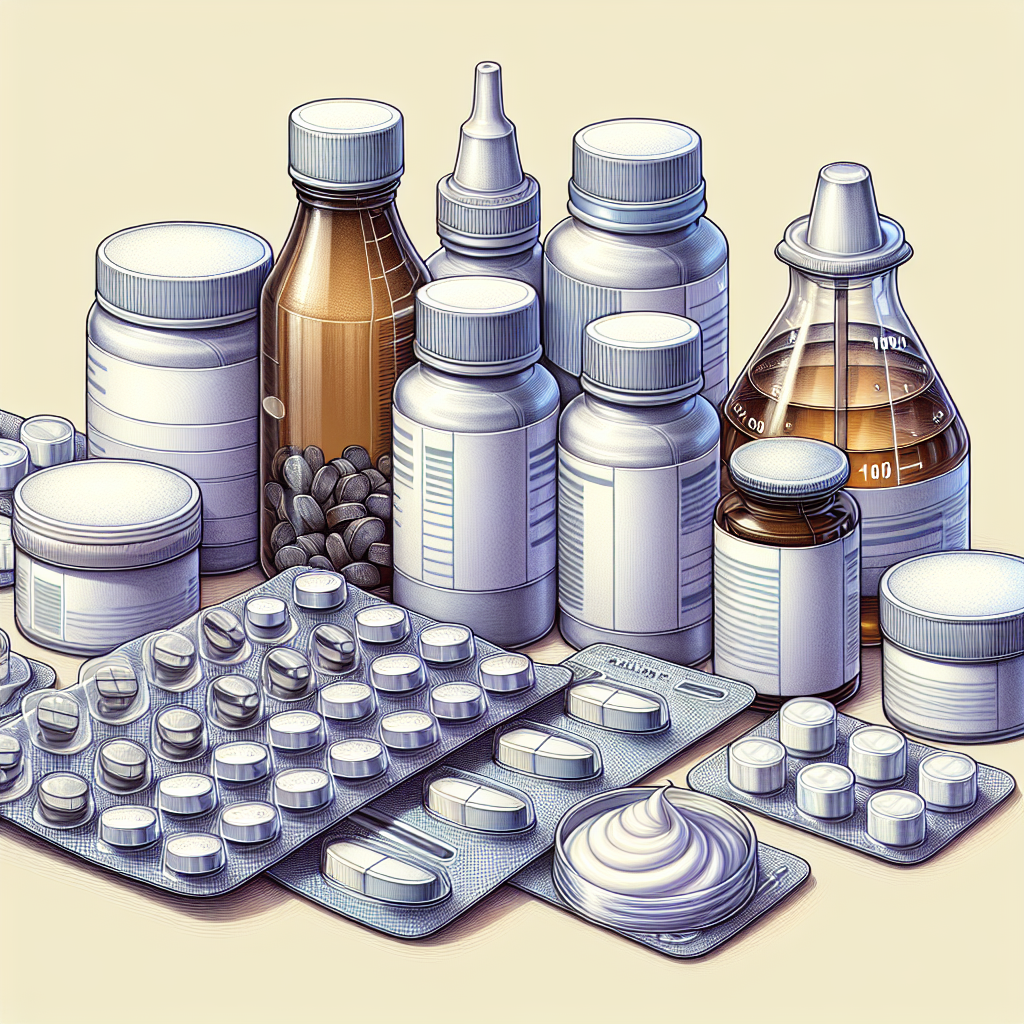Over-the-counter (OTC) medications are a cornerstone of self-care. They allow individuals to treat many common ailments promptly without the need for a prescription. However, the vast array of options available in pharmacies and supermarkets can be overwhelming. This comprehensive guide aims to demystify OTC medications, helping consumers make informed decisions about their health.
Understanding Over-the-Counter Medications
OTC medications are designed to be safe and effective when the directions on the label are followed, and there are no contraindications. They can treat a variety of issues, from pain and fever to allergies and coughs. The U.S. Food and Drug Administration (FDA) regulates these drugs to ensure they meet standards for safety, efficacy, and labeling.
Reading Labels Carefully
The first step in navigating the world of OTC medications is understanding how to read their labels. The label provides crucial information, including the drug’s active ingredients, uses, warnings, and directions. It’s important not only to adhere to the dosage guidelines but also to be aware of any potential drug interactions or health warnings. For more information on how to foster sensory health, which can be essential for accurately reading medication labels, consider exploring Sensory Health.
Active Ingredients and Their Functions
Active ingredients are the components of the medication that make it effective against your symptoms. For example, acetaminophen is commonly used for pain relief and fever reduction, while loratadine is an antihistamine used to treat allergy symptoms. It is crucial to compare active ingredients when choosing between different products to avoid unintentional overdose.
Addressing Specific Health Concerns
OTC medications can be particularly beneficial for managing everyday health concerns without visiting a healthcare provider. For issues related to bone health, such as minor aches or osteoarthritis, products containing calcium or glucosamine may be helpful. To learn more about maintaining healthy bones, the article on Bone Health provides valuable insights.
For other health concerns, such as cardiovascular health, it is essential to choose OTC products wisely. For example, individuals with high blood pressure should avoid decongestants that can raise blood pressure. The comprehensive guide on Cardiovascular Health offers additional information on managing heart health effectively.
Considering Drug Interactions
When taking multiple medications, including OTC drugs, there is a risk of drug interactions. These interactions can reduce the effectiveness of your medications or increase the risk of adverse effects. Websites like Drugs.com provide a drug interactions checker, allowing users to input their medications and discover potential interactions.
The Importance of Dosage
Taking the correct dosage of medication is imperative for its effectiveness and safety. Overdosing can lead to severe complications, while underdosing may not provide the relief needed. The article on The Importance of Dosage in Medication Effectiveness dives deeper into this topic, offering valuable guidance on how to determine the appropriate dosage.
Self-Medicating Responsibly
While OTC medications offer the convenience of self-medication, it’s essential to use them responsibly. Always start with the lowest effective dose, and do not exceed the recommended duration of use without consulting a healthcare professional. For symptoms that persist or worsen, it is crucial to seek medical advice.
Natural vs. Synthetic Supplements
In addition to traditional OTC drugs, many individuals seek out natural remedies and supplements. Understanding the differences between natural and synthetic supplements can impact health outcomes significantly. The insight provided in the article Natural vs. Synthetic Supplements: What’s the Difference? will help you make more informed choices.
When to Consult a Healthcare Provider
There are instances when consulting a healthcare provider is vital, such as when dealing with chronic conditions, when pregnant, or when medications do not alleviate symptoms. It’s also important to get professional advice before combining OTC medications with prescription drugs.
Safe Storage and Disposal
Proper storage of medications is essential to maintain their effectiveness and prevent accidental ingestion, especially by children. Similarly, the safe disposal of unused or expired medications is vital to prevent harm to others and the environment. The FDA provides guidelines on how to dispose of medications safely.
Staying Informed
Staying informed about the latest developments in OTC medications can help you make the best choices for your health. Resources like Mayo Clinic offer up-to-date information on various medications and health topics. Additionally, keep abreast of new FDA approvals or recalls that may affect your medication choices.
Conclusion
Navigating the world of OTC medications requires a careful approach and an informed mindset. By understanding how to read labels, considering specific health concerns, being aware of drug interactions, and adhering to proper dosage guidelines, consumers can use these medications safely and effectively. Remember to consult healthcare providers when necessary, and stay informed through reliable health resources.
By empowering yourself with knowledge and resources, you can confidently manage your health with the help of OTC medications, ensuring you get the relief you need with the assurance of safety.



